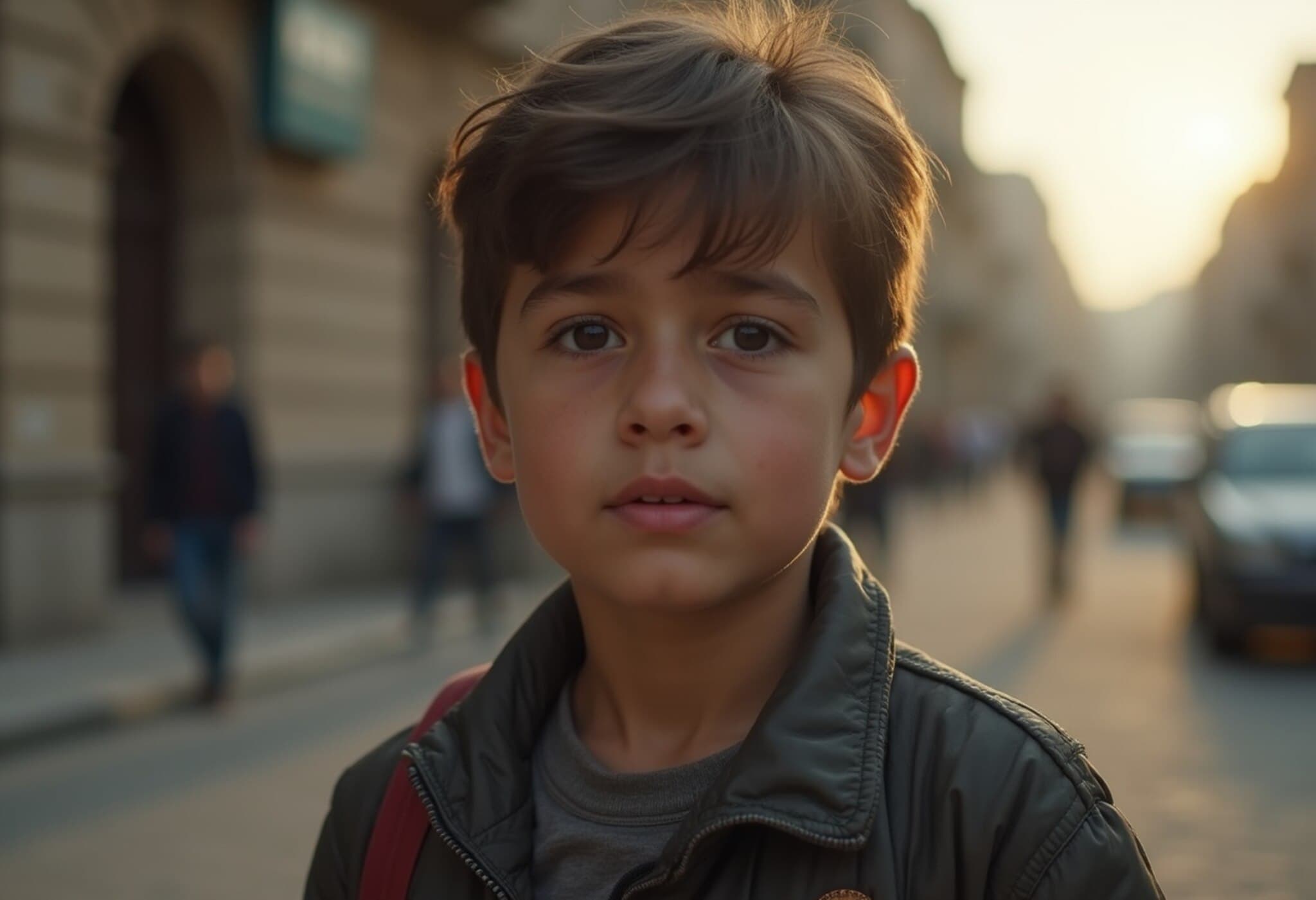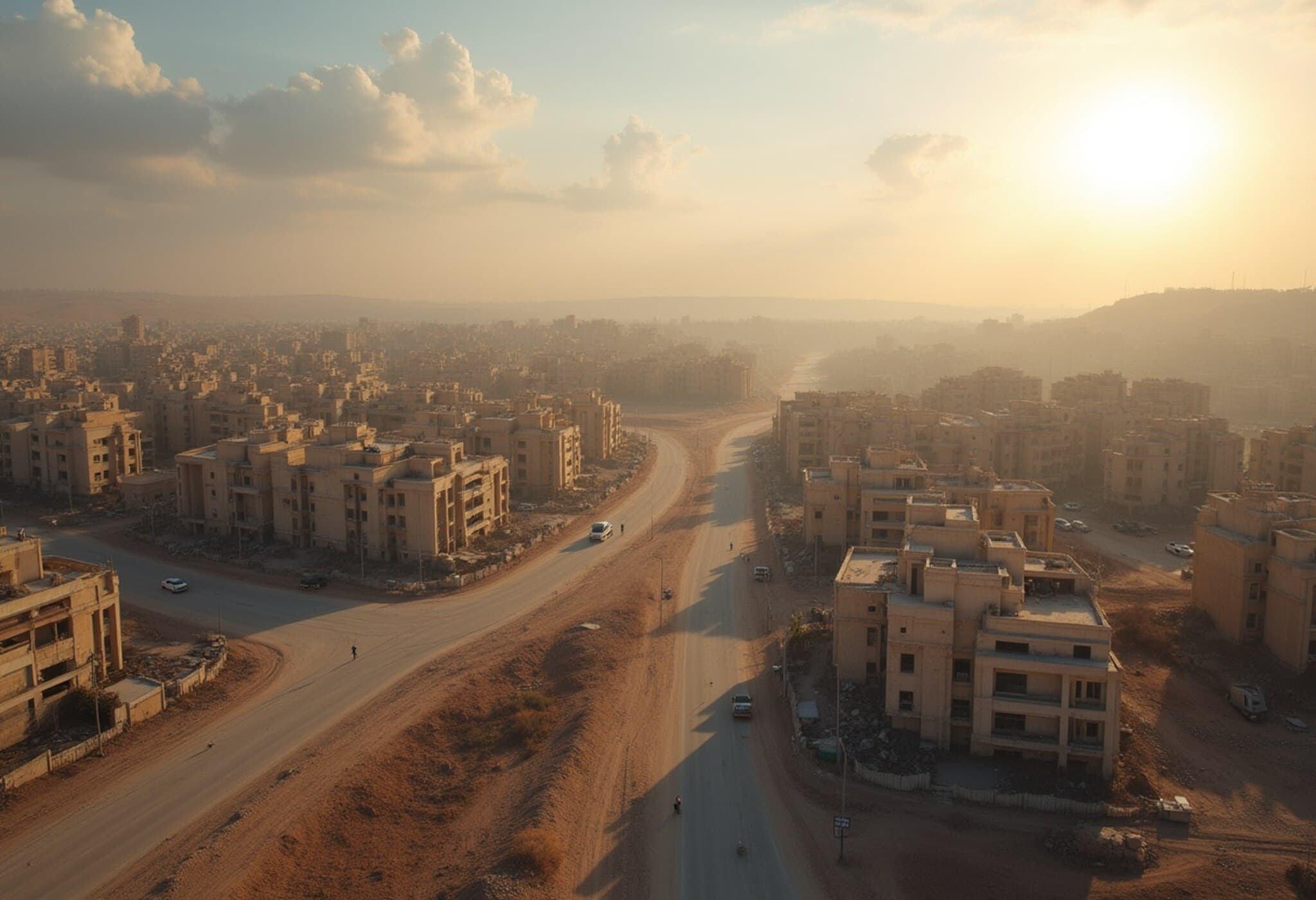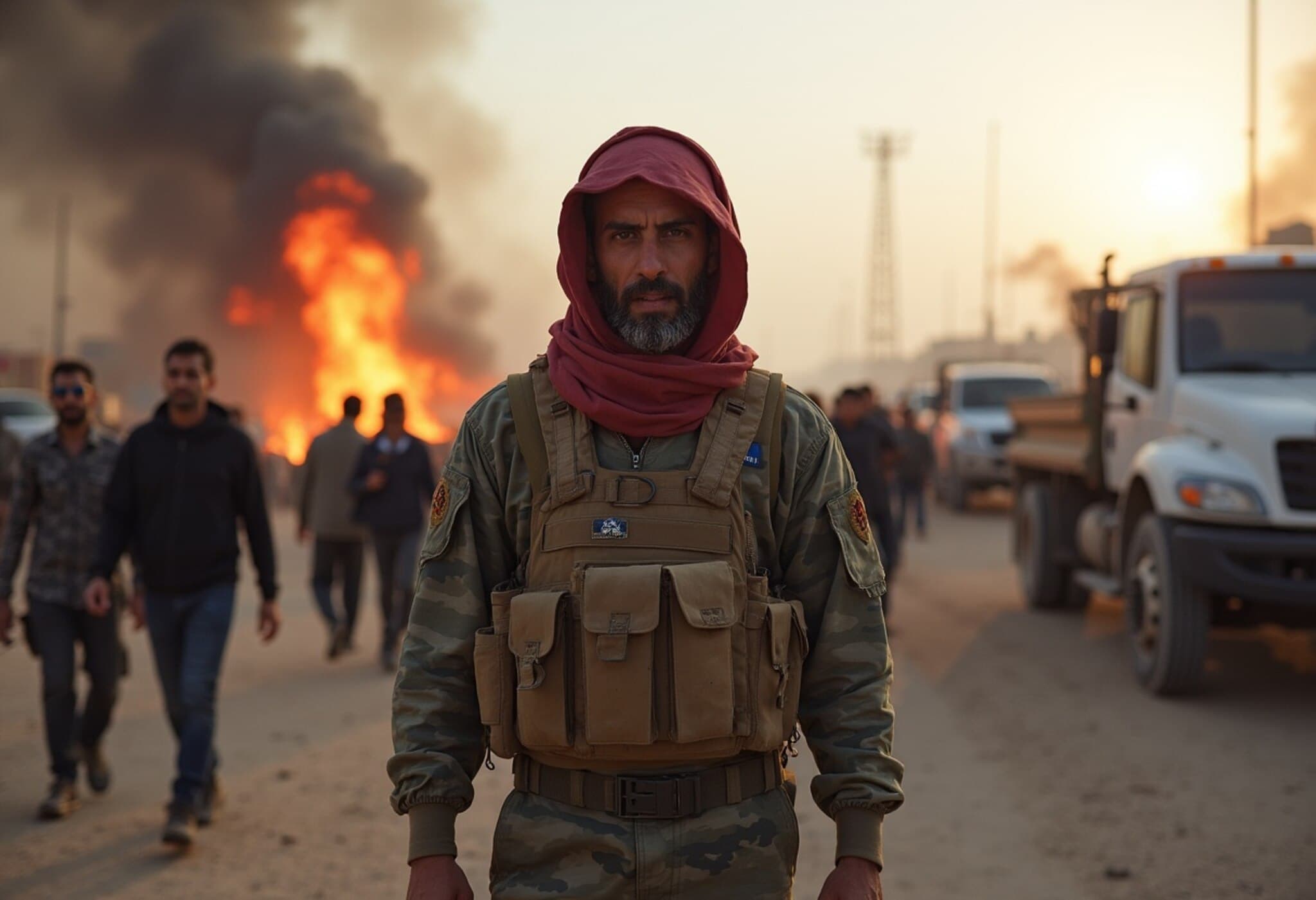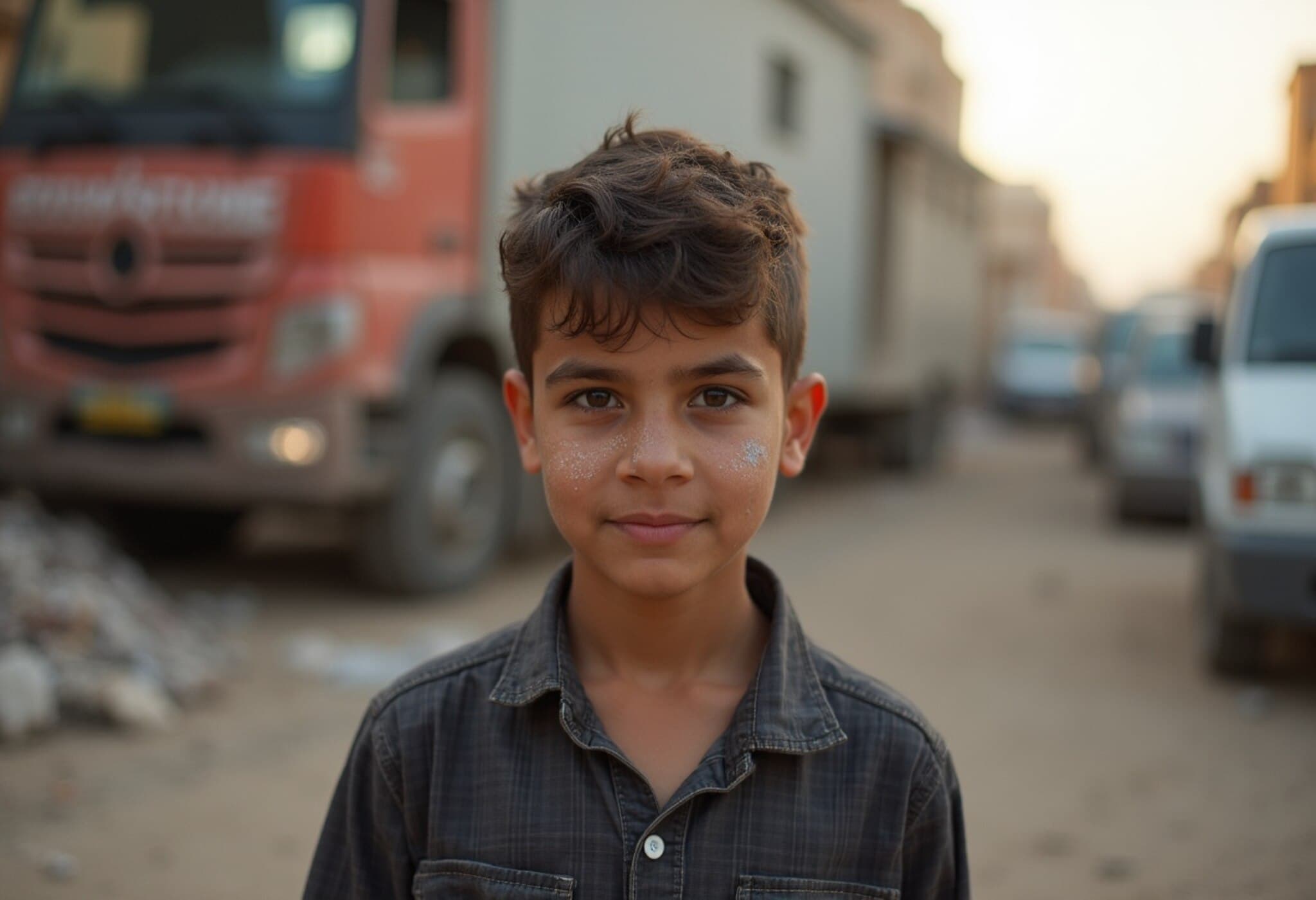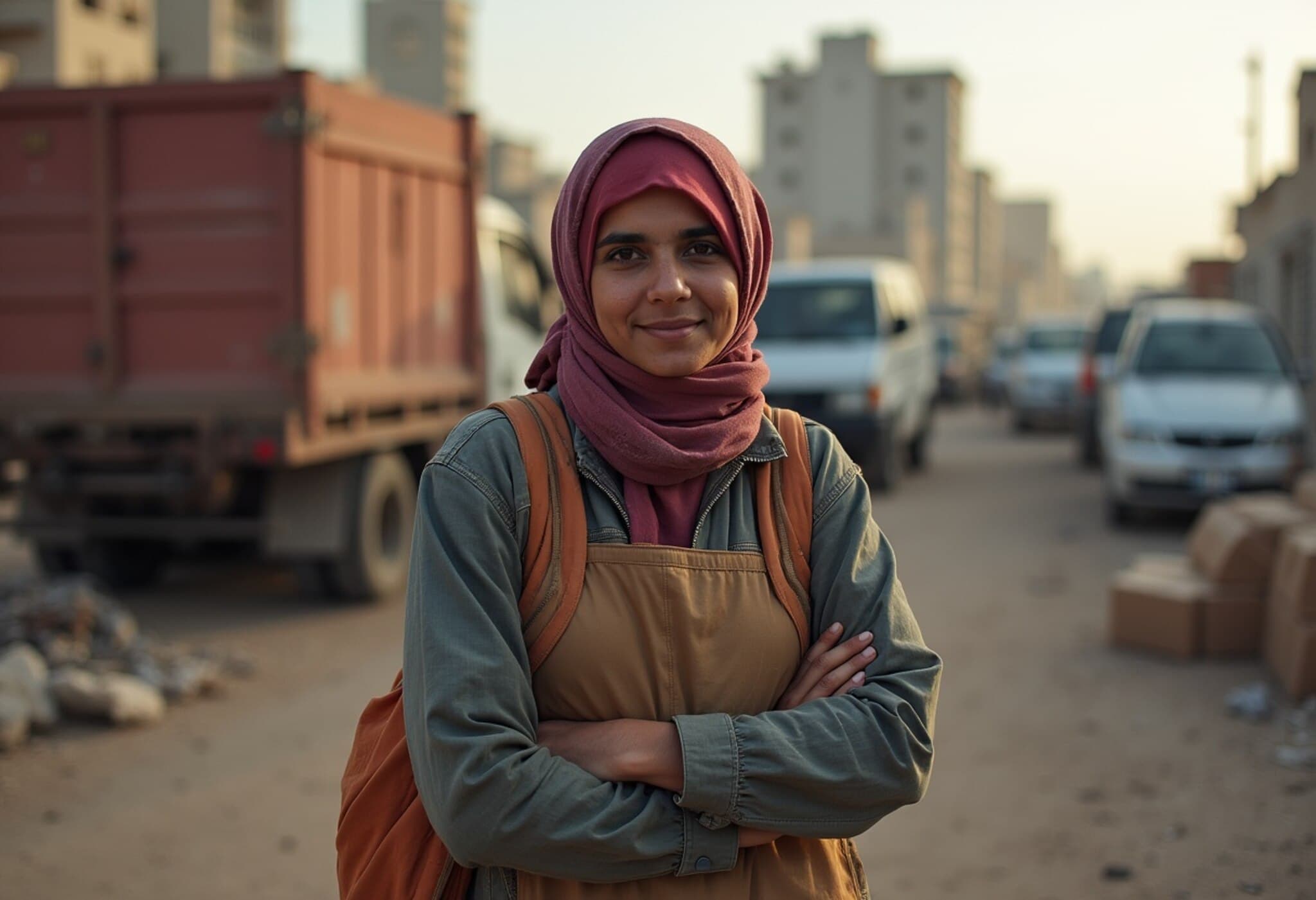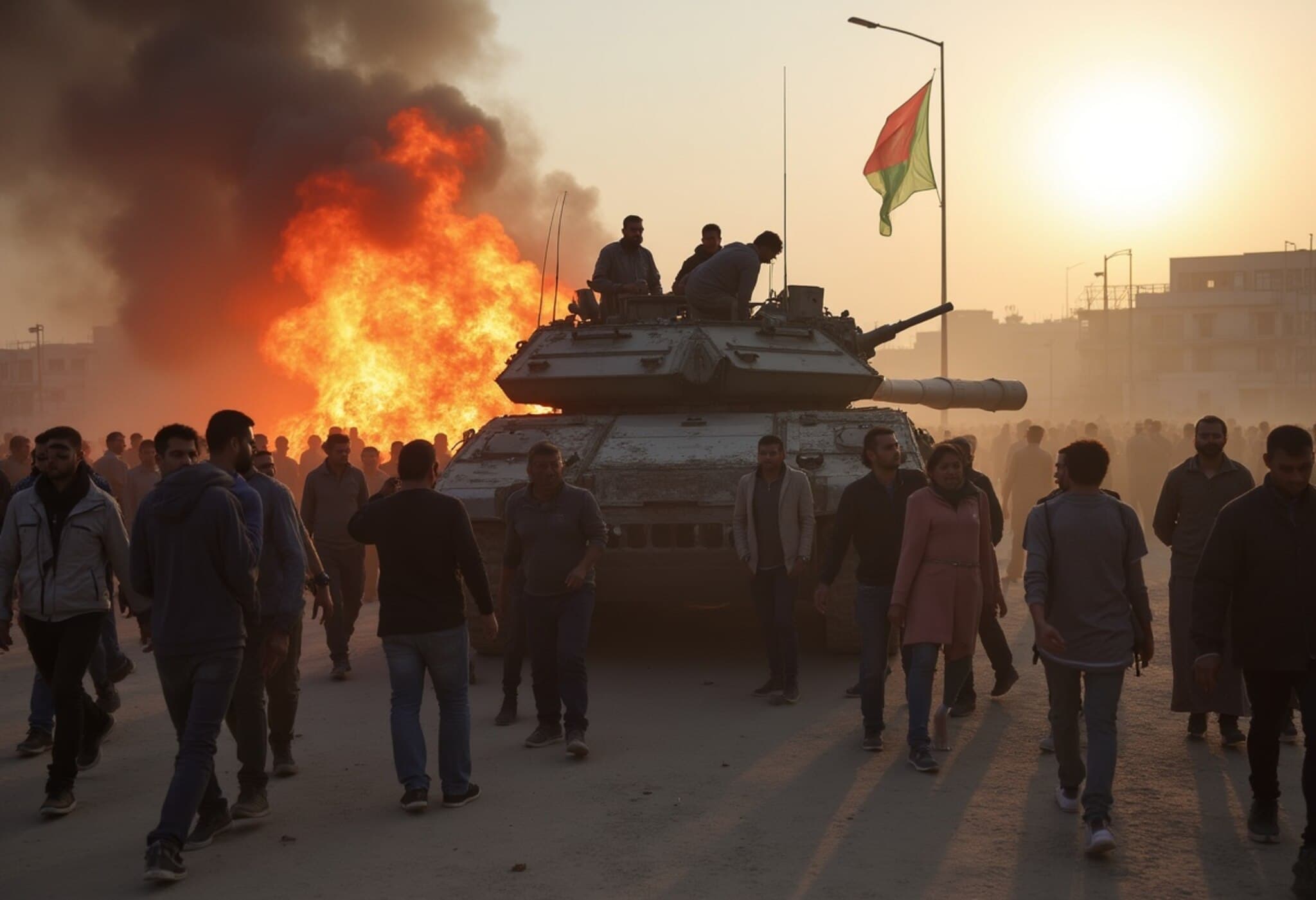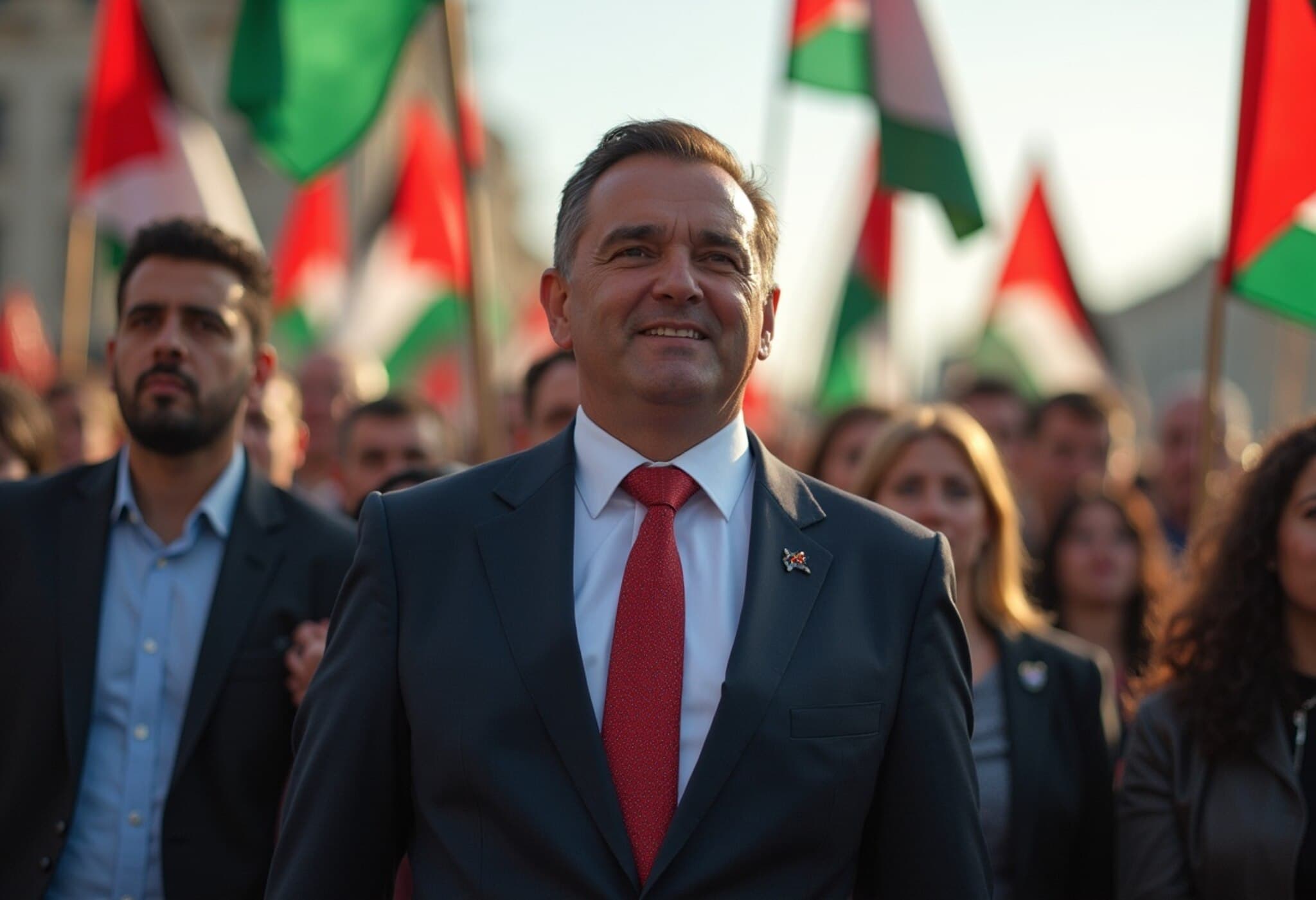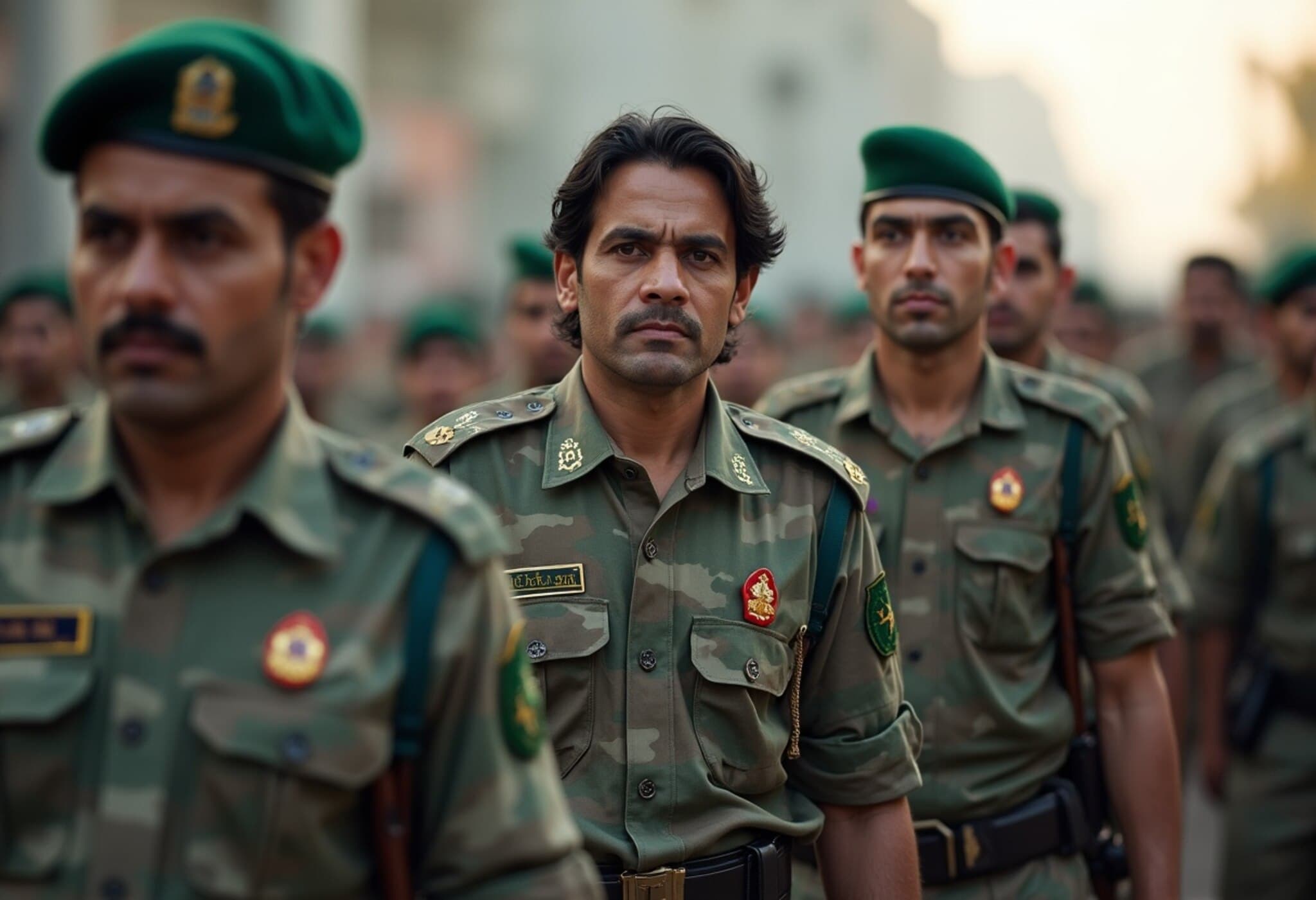BBC Documentary Faces Criticism for Failing to Disclose Hamas Connection
In a recent editorial review, the BBC acknowledged a significant lapse in its documentary Gaza: How To Survive A Warzone, which featured a 13-year-old narrator, Abdullah, without disclosing his familial ties to Hamas leadership. Abdullah is the son of Ayman Alyazouri, a Hamas official who once served as deputy minister of agriculture. This undisclosed connection raised serious questions about editorial transparency and objectivity.
Background and Investigation
The documentary, which offers a poignant glimpse into the lives of children living in the conflict-stricken Gaza Strip, was removed from the BBC's streaming platform in February after these revelations came to light. A thorough internal review by BBC Director of Editorial Complaints and Reviews, Peter Johnston, found that Hoyo Films, the independent production company behind the documentary, failed to disclose this critical information prior to broadcast.
While the investigation concluded that the omission was unintentional, Hoyo Films bore the majority of the responsibility for this breach of editorial guidelines concerning accuracy and impartiality. The BBC has faced increasing scrutiny over its coverage of the Israeli-Palestinian conflict, accused by critics on both sides of perceived bias or a failure to maintain balance.
Regulatory and Organizational Responses
Following the controversy, Ofcom, the UK’s media regulator, announced an investigation under rules requiring factual programming not to materially mislead audiences. This step underscores the broader regulatory pressure facing broadcasters when covering sensitive and polarizing international conflicts.
BBC Director-General Tim Davie acknowledged the gravity of the issue in a statement: "The report identified a crucial failing concerning accuracy. We will now take action on two fronts – fair, clear and appropriate accountability measures and immediate implementation of procedural safeguards to prevent similar errors."
Hoyo Films’ Apology and Commitment to Improvement
In response, Hoyo Films issued a formal apology, emphasizing that the omission was not intentional and that there was no inappropriate influence on the documentary’s content from any third party. The company expressed its commitment to enhancing internal processes to ensure transparency and rule compliance in future projects.
They stated: "We are working closely with the BBC to explore how best to respectfully return the stories of those featured to the platform, safeguarding editorial standards while honoring the voices of those affected by conflict."
BBC Leadership Addresses Editorial Lapses
Deborah Turness, Chief Executive of BBC News and Current Affairs, reiterated the BBC's accountability during a BBC Radio 4 interview. She admitted the broadcaster "didn't run those questions to ground," highlighting internal gaps in vetting processes. Turness expressed remorse and outlined that the BBC has already implemented an action plan aimed at preventing similar oversight.
Contextualizing the Editorial Challenges
The Israeli-Palestinian conflict remains one of the most contentious and complex areas for media coverage worldwide. The challenges faced by the BBC reflect a larger dilemma in journalistic ethics: how to balance accurate human stories with the need for transparency about potential biases or affiliations. The undisclosed familial connection blurred lines of impartiality, risking audience trust at a time when fair, credible journalism is desperately needed.
Broader Implications for News Organizations
- Transparency: Disclosing relevant affiliations upfront is critical to maintaining viewers’ trust.
- Rigorous Vetting: Production companies and broadcasters must tighten background checks, especially in sensitive geopolitical contexts.
- Audience Trust: Failing transparency can fuel skepticism and distrust, amplifying polarization.
- Regulatory Oversight: Ofcom’s involvement reflects escalating expectations for accountability in public broadcasting.
As media landscapes evolve and social fractures deepen, this incident serves as a cautionary tale reminding news organizations worldwide about the importance of adhering to the highest editorial standards.
Editor's Note
The BBC documentary controversy shines a spotlight on the fine line between empathetic storytelling and journalistic rigor in conflict zones. As viewers, we rely on media outlets not just for compelling narratives but for transparent, unbiased context that helps us understand the complexities behind the headlines. This episode challenges broadcasters to reassess their processes and reminds us all to critically consider the provenance of the stories that shape our perceptions of conflict and humanity.

